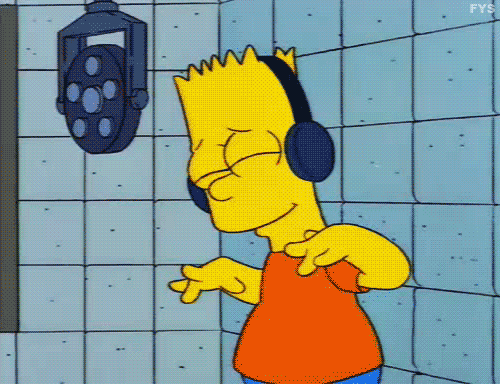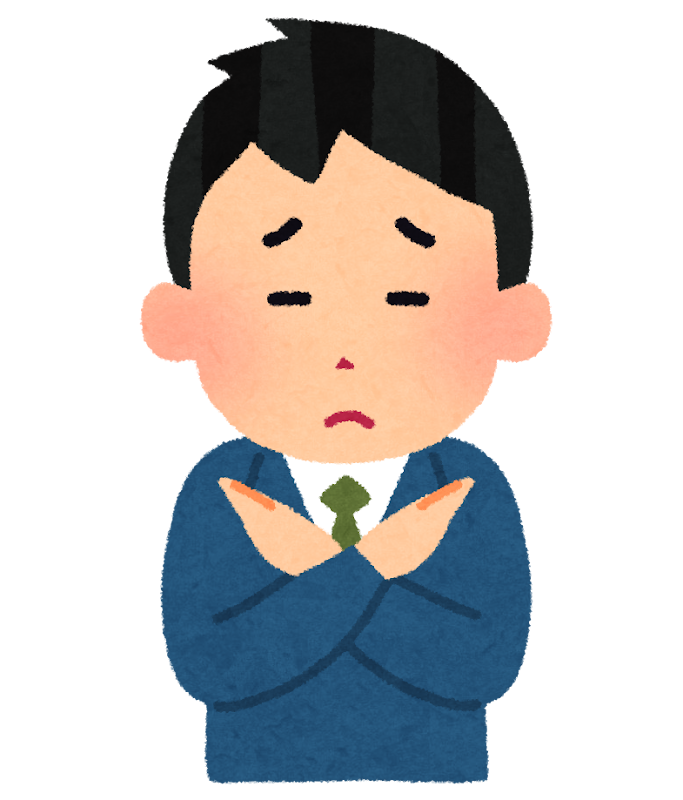こんにちは! Do you know the meaning of ‘nori’ in Japanese? When people say nori, it can refer to seaweed (海苔, nori) or be used to describe the energy or vibe of people and situations in a casual way (ノリ, nori). This time, we’re going to introduce how to use ノリ in conversations! 🕺
ノリ(nori)
vibe, groove, mood
The word "ノリ" is used to describe the mood or atmosphere as well as rhythm in music. The origin of ノリ comes from Noh dance (能), where it was used to describe the rhythm or flow of a performance.
Example Sentence
A: この曲(きょく)最近(さいきん)ハマってるんだよね〜
I'm really into this song lately~B: わかる!ノリが良(よ)くてテンション上(あ)がるよね
I know, right? The vibe is awesome and it really pumps me up!
Advanced sentence
ノリノリ(nori-nori)
ノリノリis expressed like someone is in high spirits, a great mood, or excited state in English.
A: ♪~♪♪♪~[鼻歌(はなうた)] ♪~♪♪♪~[humming]
B: ノリノリだね!何(なに)かいいことあったの?
You look so excited! Did something good happen?
About 鼻歌(はなうた), 鼻(hana) means ‘nose’ and 歌(uta) means ‘song’.
The term likely originated from the sound that seems to come more from the nose than the mouth.
ノリが良い(nori ga ii)/ ノリが悪い(nori ga warui)
ノリが良い (nori ga ii) describes someone who is enthusiastic and quick to join in the fun, bringing a positive and lively energy to social situations
Example Sentence
A: ねえ、この後(あと)カラオケ行(い)こうよ! Hey, let’s go to karaoke after this!
B: 最高(さいこう)!行(い)こう行(い)こう Awesome! Let’s go, let’s go! A: さすが!ノリいいね〜 As expected! You’ve got such a good vibe!
ノリが悪い (nori ga warui) refers to someone who is unenthusiastic or reluctant to match the group’s vibe, often seen as less willing to engage in the fun atmosphere.
Example Sentence
A: ねえ、この後(あと)カラオケ行(い)こうよ! Hey, let’s go to karaoke after this!
B: いやー今回(こんかい)はやめとくわ Nah, I’ll skip this time. A: えー、ノリ悪(わる)いわ〜 Aw, come on, you’re no fun!
今週も読んでくれてありがとう!また来週✌️!
Thanks for reading this newsletter! See you next week ✌️!
Previous Post 🗒️
さすが That's impressive
Thanks for reading FusenClub! Subscribe for free to receive new posts and support my work.
Thanks for reading FusenClub! Subscribe for free to receive new posts and support us🫶










I recently have been learning how to read hiragana and it’s so gratifying to be able to learn the characters that are in the Japanese lines you give as an example! As always, these are great posts!